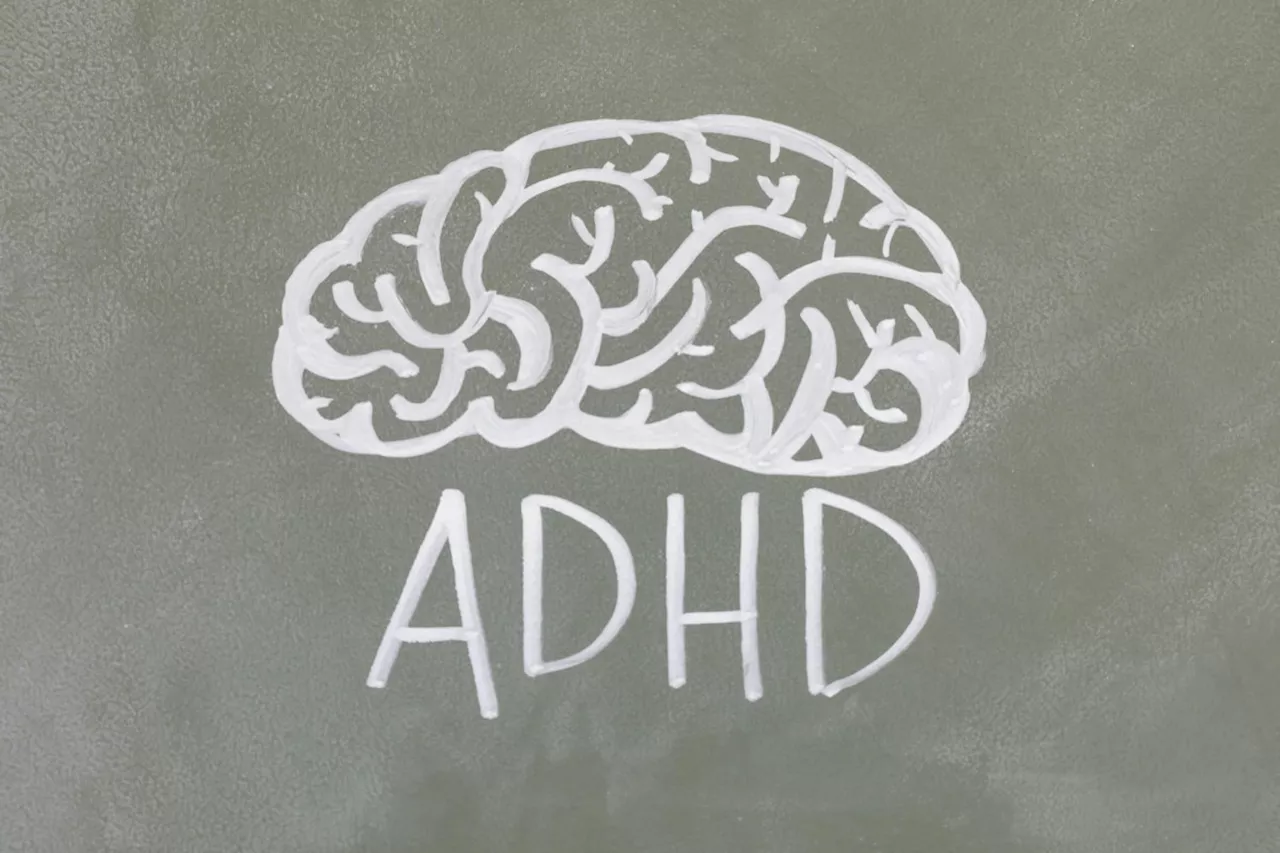This article explores the challenges of task prioritization for individuals with ADHD and offers practical strategies to overcome them. It explains how ADHD can affect executive functioning skills, leading to difficulty in planning, decision-making, and impulse control. The article provides tips on using visual aids, automating tasks, and breaking down complex projects into smaller, manageable steps.
If you live with attention-deficit hyperactivity disorder, or ADHD , you know firsthand how this condition affects your brain. One of the biggest impacts is the way ADHD can make it difficult to organize tasks.
If you live with ADHD, you may freeze up when you look at your looming to-do list—a phenomenon known as ADHD paralysis. This could happen not only because you have a hard time motivating yourself but also because you become overwhelmed with trying to prioritize your list of tasks to begin with. All of these skills play a role in task prioritization. For example, you need judgment and problem-solving skills to be able to make wise decisions about which tasks are more urgent. You need to be able to predict how much time each task will take. And, importantly, you need to be able to practice impulse control and motivation and start tedious but high-priority tasks instead of more engaging activities. This can be difficult to do when you live with ADHD.
On the other hand, some lower-priority tasks on your list might feel more automatic and, therefore, easier. For example, you have done laundry a thousand times, so you know exactly what that task entails. It can sometimes help to get an outside perspective to help you with prioritization instead of trying to guess. Remember that ADHD affects your brain, and this isn't anything to be ashamed about. It's OK to ask for support. Plus, help with prioritization could be considered a reasonable accommodation at school or work, which you have a legal right to under the Americans with Disabilities Act.
ADHD Prioritization Task Management Executive Functioning Procrastination
Canada Latest News, Canada Headlines
Similar News:You can also read news stories similar to this one that we have collected from other news sources.
 Navigating Social Gatherings After a C-Section: Prioritizing Newborn HealthA recent situation highlights the challenges of balancing social commitments with the needs of a newborn, especially after a C-section. The article explores the importance of prioritizing newborn health and safety during the crucial early weeks.
Navigating Social Gatherings After a C-Section: Prioritizing Newborn HealthA recent situation highlights the challenges of balancing social commitments with the needs of a newborn, especially after a C-section. The article explores the importance of prioritizing newborn health and safety during the crucial early weeks.
Read more »
 Prioritizing Children: A Radical Solution to Societal ChallengesLaw professor Adam Benforado argues that centering children in public policy and law, including extending voting rights to those under 18, is key to addressing poverty, crime, and climate change.
Prioritizing Children: A Radical Solution to Societal ChallengesLaw professor Adam Benforado argues that centering children in public policy and law, including extending voting rights to those under 18, is key to addressing poverty, crime, and climate change.
Read more »
 Hey Pandas, AITA For Prioritizing My Kids’ Needs Over My Husband’s Feelings?I am currently separated from my husband (HB), and I need an outside opinion that isn’t biased. Some things have happened and I’m not sure how much I should weigh in.
Hey Pandas, AITA For Prioritizing My Kids’ Needs Over My Husband’s Feelings?I am currently separated from my husband (HB), and I need an outside opinion that isn’t biased. Some things have happened and I’m not sure how much I should weigh in.
Read more »
 Canada Invests $2 Billion in AI, Prioritizing Practical ApplicationCanada's federal government is allocating $2 billion to artificial intelligence (AI) in Budget 2024, aiming to bridge the gap between theoretical research and practical adoption. The investment will focus on expanding data centers, fostering public-private partnerships, and supporting applied research in AI. This shift towards implementation aims to unlock AI's potential for economic growth and productivity.
Canada Invests $2 Billion in AI, Prioritizing Practical ApplicationCanada's federal government is allocating $2 billion to artificial intelligence (AI) in Budget 2024, aiming to bridge the gap between theoretical research and practical adoption. The investment will focus on expanding data centers, fostering public-private partnerships, and supporting applied research in AI. This shift towards implementation aims to unlock AI's potential for economic growth and productivity.
Read more »
 Prioritizing Partner Wellbeing During ChildbirthThis article explores the importance of partners taking care of themselves during childbirth and hospital stay, emphasizing the need for adequate nutrition, sleep, and self-care to effectively support their partner.
Prioritizing Partner Wellbeing During ChildbirthThis article explores the importance of partners taking care of themselves during childbirth and hospital stay, emphasizing the need for adequate nutrition, sleep, and self-care to effectively support their partner.
Read more »
 Prioritizing Newborn Health: Setting Boundaries and Taking PrecautionsThis article explores the importance of establishing boundaries with visitors to protect newborns, emphasizing the need for parents to prioritize their child's health. It discusses how setting limits on visitors, communicating expectations clearly, and taking preventive measures like vaccinations and hand hygiene can minimize the risk of infection for vulnerable infants.
Prioritizing Newborn Health: Setting Boundaries and Taking PrecautionsThis article explores the importance of establishing boundaries with visitors to protect newborns, emphasizing the need for parents to prioritize their child's health. It discusses how setting limits on visitors, communicating expectations clearly, and taking preventive measures like vaccinations and hand hygiene can minimize the risk of infection for vulnerable infants.
Read more »
